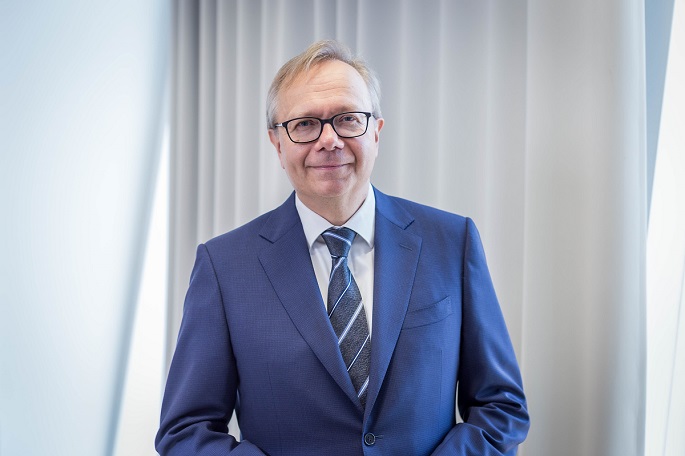OP forecasts downturn of Finnish economy
Published : 13 Apr 2024, 02:06
OP Financial Group's economists forecast that the Finnish economy will contract in 2024 and rebound in 2025, said OP in a press release on Friday.
The outlook for the manufacturing industry has improved, and the global economy is expected to continue to grow, but the risks of bumpy economic growth remain high.
According to the forecast, Finland's gross domestic product (GDP) will shrink by 0.5 per cent in 2024 and grow by 2.0 per cent in 2025.
The forecast for the current year has been scaled back from the previous 0.0 per cent growth estimate at the start of the year. Yet the forecast for 2025 has been increased from the previous 1.4 per cent.
"The economy is showing both positive and negative signs. On one hand, the outlook for the export market has improved, and consumer spending has continued to recover. On the other, the economy is recovering from a deeper slump due to the strikes and a weaker outlook in the construction sector than anticipated, among other reasons," said Chief Economist Reijo Heiskanen.
The Finnish economy’s downturn in 2023 proved worse than expected. In addition, economic growth at the start of the year has been depressed by strikes and a sharper downturn in the construction sector than expected.
Despite this, the economy is trending up thanks to the export industry and consumer spending. After a poor start to the year, the economy seems to be recovering quickly. However, the upturn only means a return to slow long-term growth.
Inflation in Finland has slowed to around two per cent, where it is likely to remain in the coming years.
The slowdown in the inflation rate and falling interest rates will support the upward trend in the economy.
In 2025, the employment rate is likely to show signs of recovery but will remain below the level of recent years.
Due to the strikes we saw in early 2024, interpreting economic data from the first months of the year is even more difficult than usual. Economic forecasts in general involve more uncertainty than normal.
"Contrary to economic cycles, it is very likely that the medium to long-term growth prospects of the Finnish economy are modest. At best, economic policies and investments to support the economy will only have an impact in the long term. Economic policy decisions in the next few years should therefore not depend on the economy growing but instead try to support growth in the long term," said Heiskanen.
The growth of the global economy last year was slightly below the average of the previous ten years and slowed towards the end of the year. The indicators that describe the global economic outlook have improved in recent months and show signs of stronger growth compared with the latter months of last year. Manufacturing industry prospects have also improved. As a whole, global economic growth is expected to continue at a moderate rate.
Economic growth in the euro area stagnated last year, but employment remained strong.
According to economic surveys, the outlook is slowly improving as inflation has slowed down, interest rates are falling slowly, and demand for exports has recovered.
The inflation rate has slowed down significantly in nearly all developed economies, but still sits above two per cent.
Wage pressures have continued to drive up the prices of services. The bottlenecks that accelerated the inflation rate have cleared, and tight monetary policy is limiting demand. Inflation is therefore expected to gradually fall to around two per cent in both the US and the euro area.
With inflation decreasing to the target level, monetary policy can be steadily eased as the year progresses.
However, steep drops in interest rates are unnecessary while economic growth continues at a moderate rate.
"Market expectations on interest rate cuts calmed down significantly in the first quarter of the year as inflation slowed down slightly less than expected. While interest rates will come down this year, the cuts are likely to be modest," said Lead Economist Tomi Kortela.
The global economy has not fully adapted to the shocks felt in recent years, and economic development is not completely balanced in any of the major economies. Despite the positive overall outlook, the risks identified in the economic forecast remain greater than normal.


